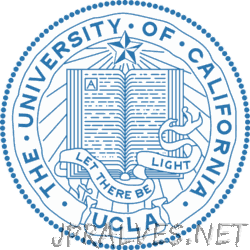Other
News UCLA Engineers Develop Terahertz Imaging System Capable of Capturing Real-Time, 3D Multi-Spectral Images for the First Time

“Terahertz waves can penetrate opaque materials and provide unique spectral signatures of various chemicals, but their adoption for real-world applications has been limited by the slow speed, large size, high cost and complexity of terahertz imaging systems. The problem arises …

“A team of researchers from UCLA has unveiled a first-of-its-kind stable and fully solid-state thermal transistor that uses an electric field to control a semiconductor device’s heat movement. The group’s study, which will be published in the Nov …
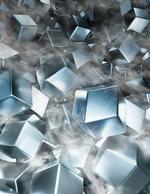
“Rechargeable lithium-ion batteries power smartphones, electric vehicles and storage for solar and wind energy, among other technologies. They descend from another technology, the lithium-metal battery, that hasn’t been developed or adopted as broadly. There’s a reason for that …

“Roboticists have been using a technique similar to the ancient art of paper folding to develop autonomous machines out of thin, flexible sheets. These lightweight robots are simpler and cheaper to make and more compact for easier storage and transport …
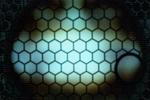
“UCLA study overcomes the effects of Earth’s gravity, replicating conditions on other planets, stars. Solar flares and other types of space weather can wreak havoc with spaceflight and with telecommunications and other types of satellites orbiting the Earth. But …

“UCLA materials scientists and colleagues at the nonprofit scientific research institute SRI International have developed a new material and manufacturing process for creating artificial muscles that are stronger and more flexible than their biological counterparts. “Creating an artificial muscle to …
News UCLA Materials Scientists Lead Global Team in Finding Solutions to Biggest Hurdle for Solar Cell Technology

“Fix in a manufacturing step of perovskite solar cells paves the way for commercialization of the high-performance, sunlight-to-electricity discovery. Materials scientists at the UCLA Samueli School of Engineering and colleagues from five other universities around the world have discovered the …

“A team of bioengineers at the UCLA Samueli School of Engineering has invented a novel soft and flexible self-powered bioelectronic device. The technology converts human body motions — from bending an elbow to subtle movements such as a pulse on one …
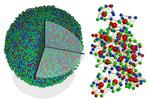
“UCLA-led study captures the structure of metallic glass Glass, rubber and plastics all belong to a class of matter called amorphous solids. And in spite of how common they are in our everyday lives, amorphous solids have long posed …
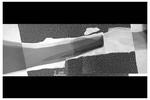
“How do you keep the world’s tiniest soda cold? UCLA scientists may have the answer. A team led by UCLA physics professor Chris Regan has succeeded in creating thermoelectric coolers that are only 100 nanometers thick — roughly one ten-millionth …

